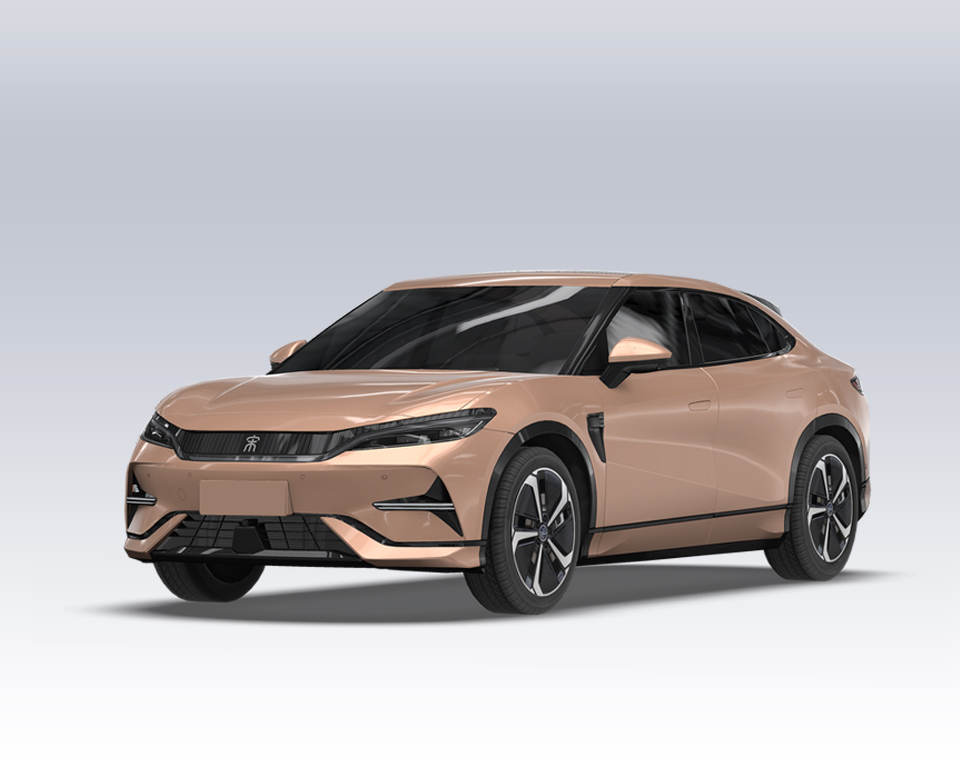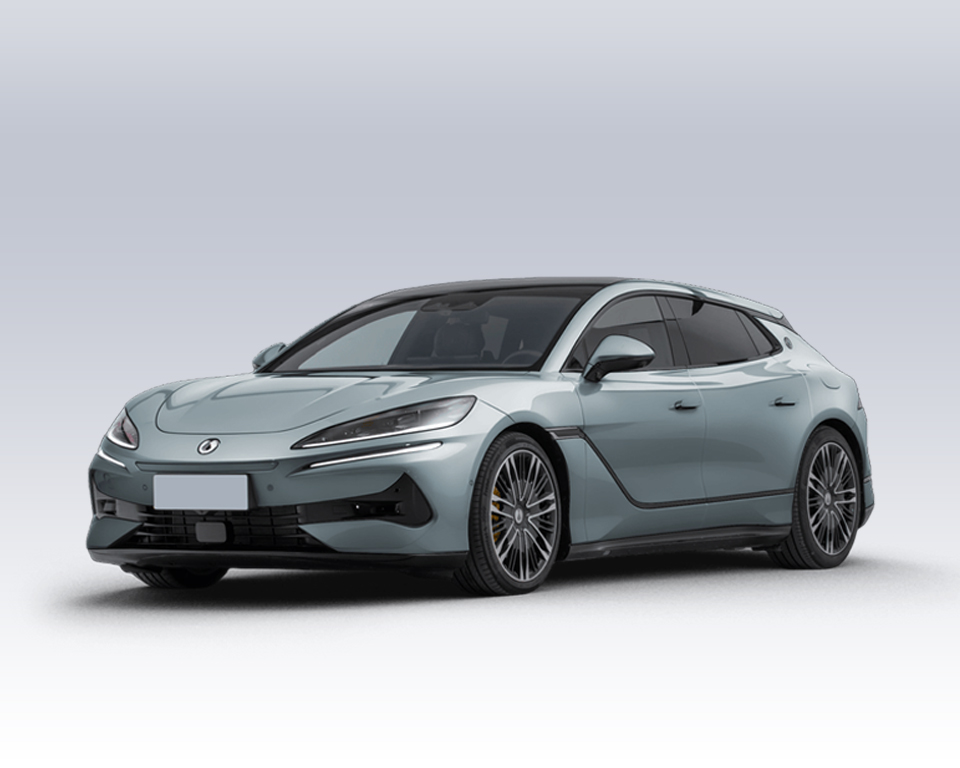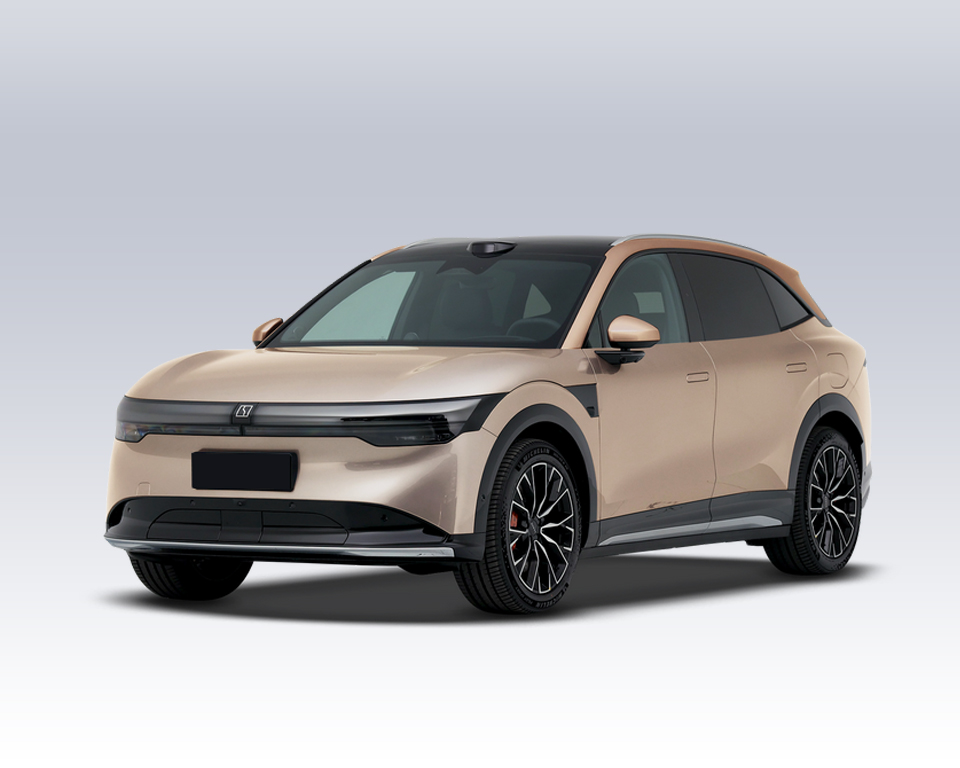How to Properly Maintain Your EV Battery for Longevity:Reasonable Charge-Discharge Cycle
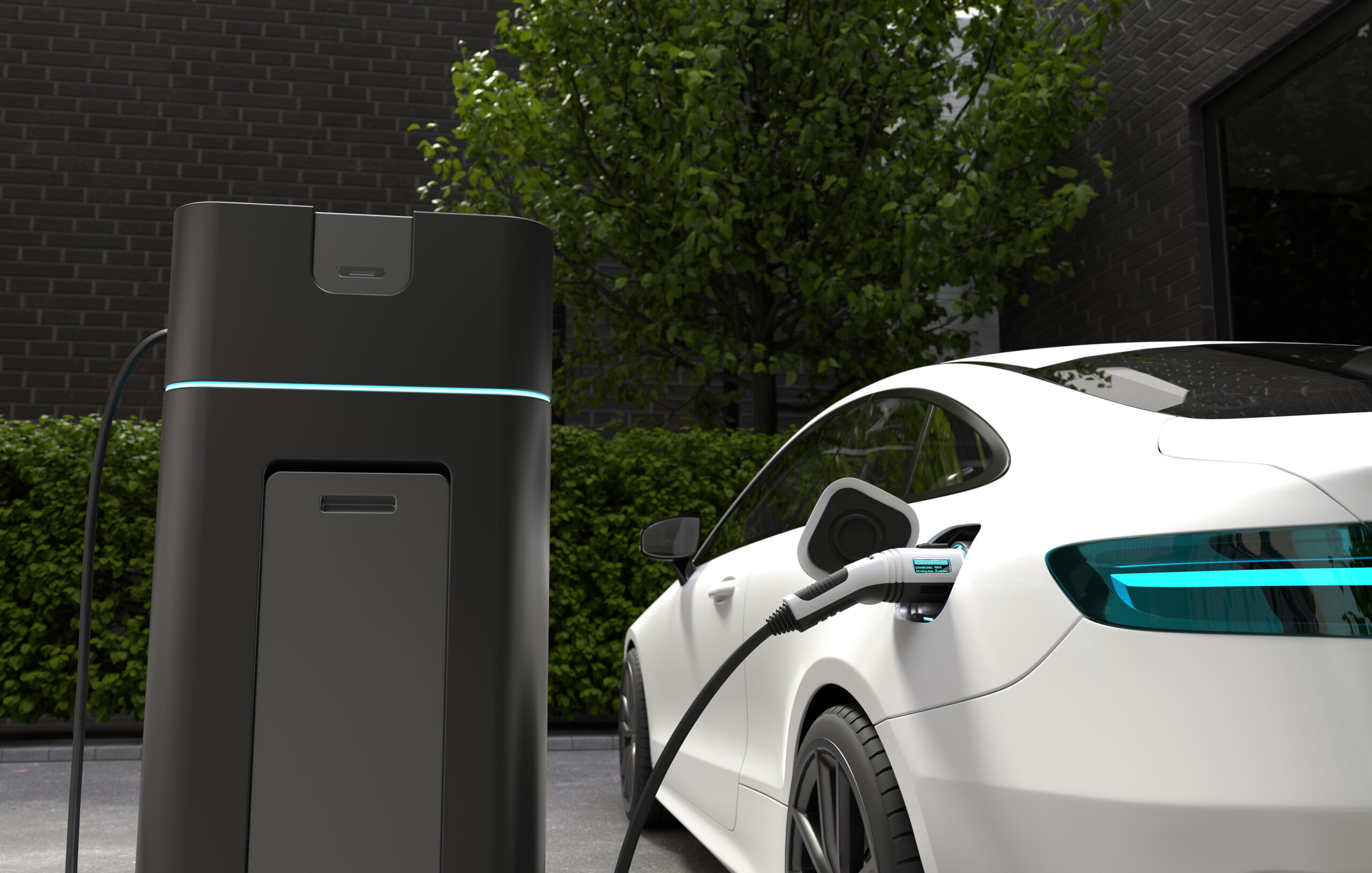
As electric vehicles (EVs) become more popular, new energy vehicles are increasingly gaining popularity, not only for their eco-friendliness and energy efficiency but also for offering a driving experience that differs from traditional cars. EV batteries are the heart of the vehicle, Reasonable charge-discharge cycles can help you maximize the performance of your new energy vehicle and extend the battery life.

Definition of Charge-Discharge Cycle
A complete charge-discharge cycle refers to the process where the battery goes from fully charged to low power. However, the battery is not always used by discharging from 100% to 0%; partial discharges can also count as cycles. For example, if a battery discharges from 100% to 50%, is then fully charged, and again discharges from 100% to 50%, these two 50% discharge events together count as one complete charge-discharge cycle.
Charge-Discharge Cycle Count and Battery Life
The lifespan of new energy vehicle batteries is usually measured by the number of charge-discharge cycles, often indicated as the number of cycles the battery can complete under certain standard conditions. For example, after 1000 full charge-discharge cycles, the battery capacity may degrade to 80% of its original capacity. Factors affecting the life of the charge-discharge cycle include:
- Temperature: High or low temperatures can affect the efficiency of chemical reactions in the battery, and extreme temperatures can accelerate battery aging.
- Charge and discharge speed: Fast charging or high-power discharging (such as rapid acceleration) can increase battery wear.
- Depth of discharge: Frequent deep discharges (discharging to low power levels) cause more wear on the battery than shallow discharges.
To extend the lifespan of new energy vehicle batteries, a reasonable charge-discharge strategy is crucial. Here are some charge-discharge recommendations that can help increase battery life:
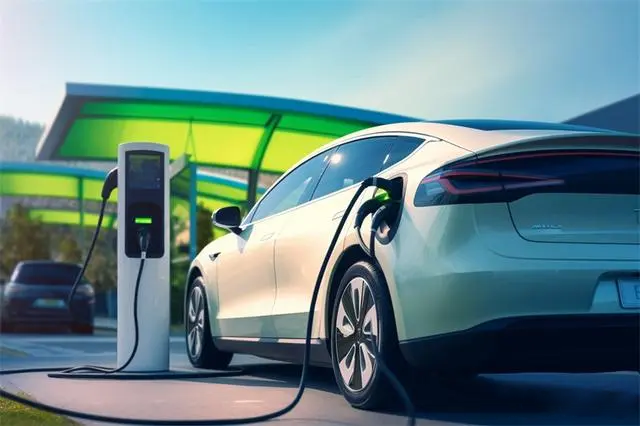
1.Avoid Deep Discharge
Deep discharge (using the battery until it is nearly at 0%) accelerates battery aging and shortens its lifespan. It is recommended to avoid frequently letting the battery level fall below 20%. The ideal usage range is to keep the battery level between 20%-80%, which can reduce wear on the battery.
A laboratory test on lithium-ion batteries shows:
- When the battery’s state of charge (SOC) is maintained between 40%-60%, the internal chemical stress is minimized, and the cycle life can be extended by 3-4 times. This is consistent with the earlier conclusion about avoiding deep charge-discharge cycles.
Specific experimental data indicates that if the battery remains near full charge (90%-100%), its capacity may drop to 80% after 200-300 cycles. In contrast, when used in the middle range (40%-60%), the battery can achieve more than 1000 cycles.
According to a study in Electrochimica Acta, frequent deep discharges result in faster capacity degradation, while shallow discharges help reduce the chemical wear inside the battery. The data shows:
- After a deep discharge (below 10%), the battery’s capacity decay rate is about 5%-10% every 100 cycles.
- In the case of shallow discharges (to 20%-30%), the decay rate significantly decreases, and the battery retains over 90% capacity after 500 cycles.
2.Moderate Charging, Avoid Overcharging
Overcharging (charging continuously to 100%) puts pressure on the battery’s internal chemical structure and affects its lifespan. Although new energy vehicles’ charging systems usually have an automatic power-off function, it is still recommended to stop charging when the battery reaches 80%-90%, avoiding frequent full charges. If the vehicle is not going to be used for an extended period, there is no need to charge the battery to 100%.
Companies like Tesla and General Motors (GM) have concluded through large-scale vehicle data analysis:
- Keeping the battery charged below 80% during daily use can slow down the capacity degradation by about 50%.
- A Tesla study shows that with proper battery management, the battery can retain 80%-90% capacity even after more than 200,000 kilometers of use. In contrast, batteries of those who frequently use fast charging and deep discharge may drop to below 70% capacity after just 100,000 kilometers.
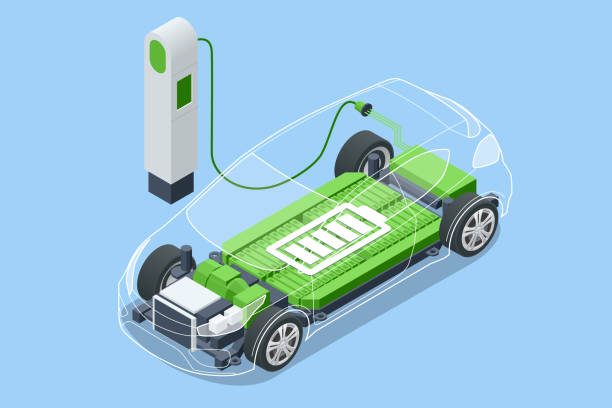
3.Control Charging Speed
Try to avoid frequent use of fast charging. While fast charging is convenient in emergencies, it generates significant heat, accelerating the chemical reactions inside the battery and increasing wear. It is recommended to use regular charging for daily use and fast charging only when necessary.
Studies show that frequent fast charging (such as DC fast charging) significantly negatively impacts battery life. According to a study by the Argonne National Laboratory in the United States:
- With slow charging, the battery can maintain more than 90% of its original capacity and complete over 1500 charge-discharge cycles.
- With fast charging, the battery’s capacity significantly decreases after completing 500-1000 cycles, usually falling below 80%, indicating that its effective lifespan is shortened by 20%-30% compared to slow charging.
4.Avoid Charging at Extreme Temperatures
The chemical reactions in the battery become unstable at extreme temperatures (above 40°C or below 0°C), affecting battery life. Especially under high temperatures, the heat generated during charging can further accelerate battery aging. It is recommended to charge the battery at moderate temperatures or wait for the battery to cool down when it’s too hot. If the vehicle is in a cold environment, it is advised to let the battery reach a certain temperature before charging to prevent low charging efficiency and battery damage.
The charging and discharging efficiency of batteries in high or low-temperature conditions drops significantly, reducing their lifespan. According to a study in the Journal of Power Sources:
- At a moderate temperature of 25°C, the battery can achieve optimal cycle life, whereas at 40°C or higher, its lifespan shortens by over 50%. The reason is that high temperatures accelerate the decomposition of the electrolyte and aging of the electrodes.
- Under low-temperature conditions (below 0°C), the discharge capacity of lithium-ion batteries decreases, and charging efficiency significantly drops, causing the battery material to swell or be damaged, further reducing its cycle life.
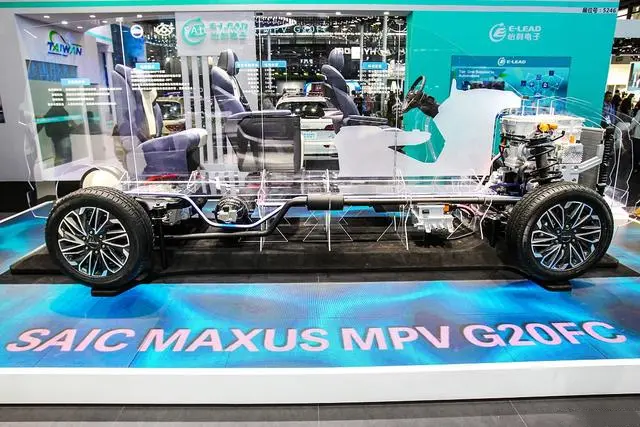
5.Regular Maintenance Charging
Even if new energy vehicles are not frequently used, the battery should still undergo regular maintenance charging to keep the battery level within a certain range. Keeping the battery at a low charge level (e.g., below 10%) for an extended period may damage its internal structure. Similarly, keeping the battery fully charged for a long time can also affect its lifespan. Therefore, during vehicle downtime, it is recommended to maintain the battery level between 40%-60%.
6.Avoid Frequent Small Charges and Discharges
While deep discharges are harmful, frequent small charges and discharges (e.g., charging whenever the battery drops slightly or using only a small amount of power each time) can also affect battery life. Each charging session, even small ones, adds to the charge-discharge cycle count. Therefore, it is recommended to use a reasonable amount of power before charging again, but not to let the battery deplete entirely.
The lifespan of lithium-ion batteries is typically measured by the number of charge-discharge cycles. Different charge-discharge strategies can significantly affect the cycle life:
- Deep cycles, with full charge from 100% to 0%, lead to a cycle life of around 300-500 cycles.
- If the charging range is limited to 20%-80%, the battery’s lifespan can be extended to 1000-2000 cycles or more. This means the lifespan can increase by 2-3 times.
This data is based on long-term studies of lithium-ion batteries, demonstrating that “partial charge-discharge” is more effective at extending battery life than “deep charge-discharge.”
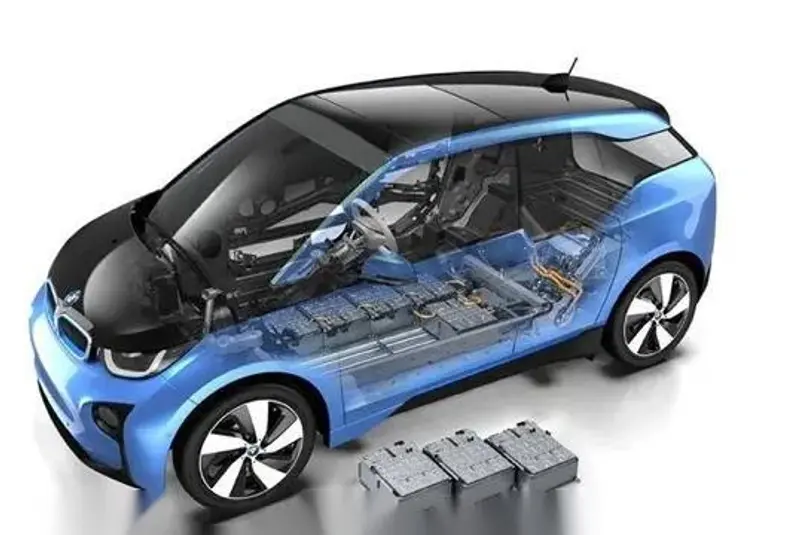
7.Avoid High-Power Discharge
High-power discharge, such as sudden acceleration or climbing steep hills, places a heavy load on the battery, accelerating its wear. To protect the battery, avoid frequent rapid acceleration or high-power operations in daily driving. Instead, adopt smooth driving habits to reduce stress on the battery.
8.Maintain a Suitable Charging Environment
Whenever possible, charge in a dry, well-ventilated area to avoid negative effects on the battery from external environments (such as humidity, overheating, etc.). Also, avoid charging under direct sunlight or in enclosed high-temperature spaces to reduce overheating of the battery.
9.Regularly Check Battery Status
Use the vehicle’s onboard system or external equipment to regularly check the battery’s health status. The Battery Management System (BMS) usually displays the battery’s health and provides maintenance suggestions or alerts when necessary.
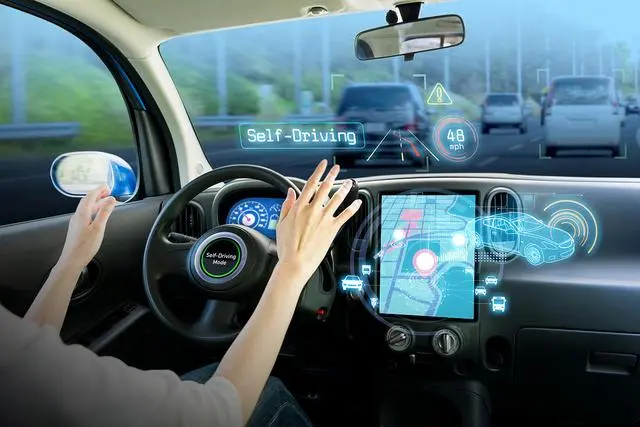
By following these charge-discharge recommendations, you can minimize wear on the battery and extend the lifespan of new energy vehicle batteries. This will not only extend the vehicle’s range but also reduce the cost of battery replacement.
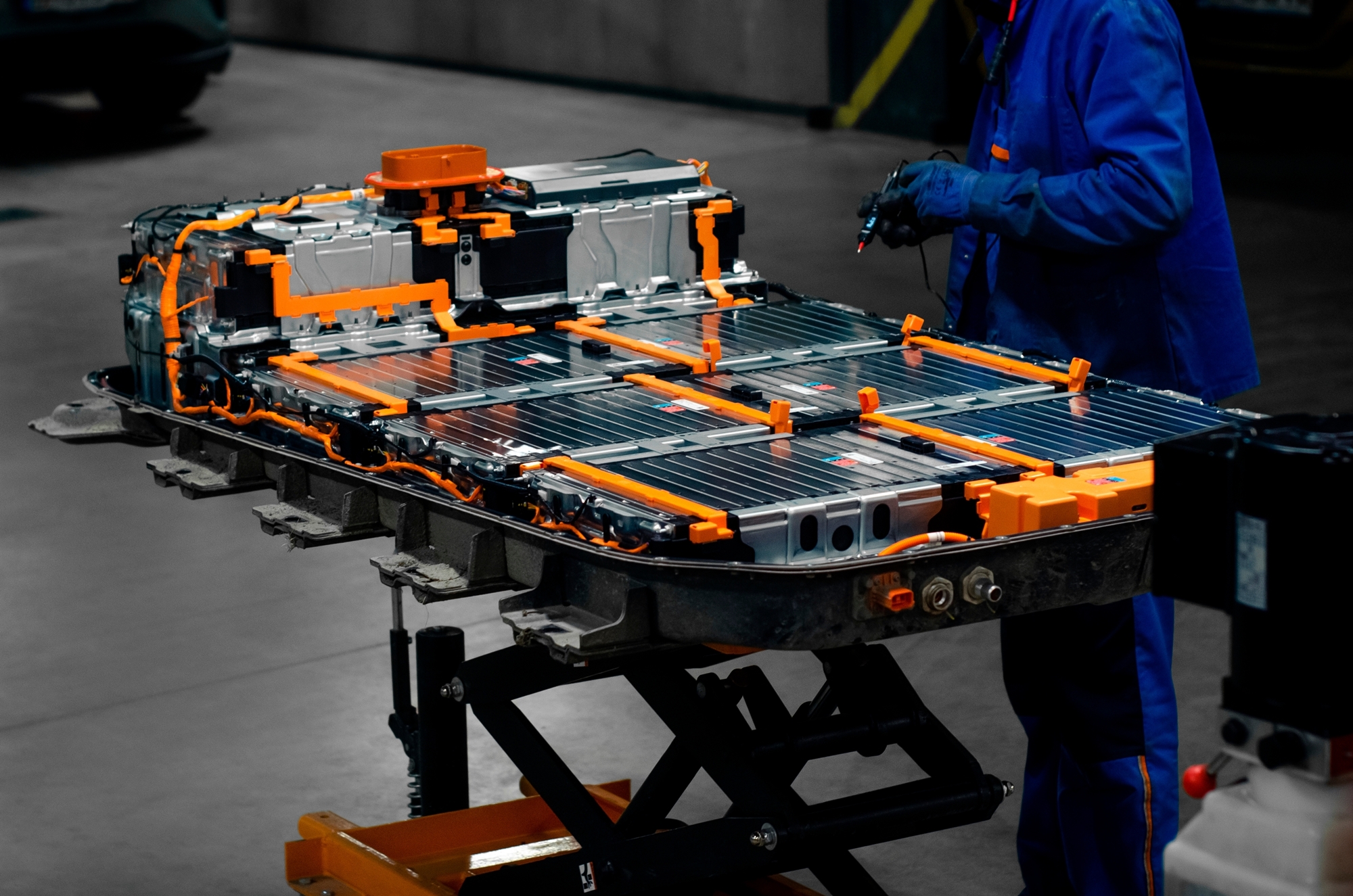
Based on the data above, it is clear that reasonable charge-discharge management, such as avoiding deep discharge, limiting the charging range (20%-80%), reducing the frequency of fast charging, and avoiding charging under extreme temperatures, can effectively extend the lifespan of new energy vehicle batteries. This not only reduces the rate of battery degradation but also lowers the frequency of battery replacements, thereby improving the vehicle’s economic efficiency and environmental friendliness.

Hot China EV Models
Resource Link: More About China EV Cars


